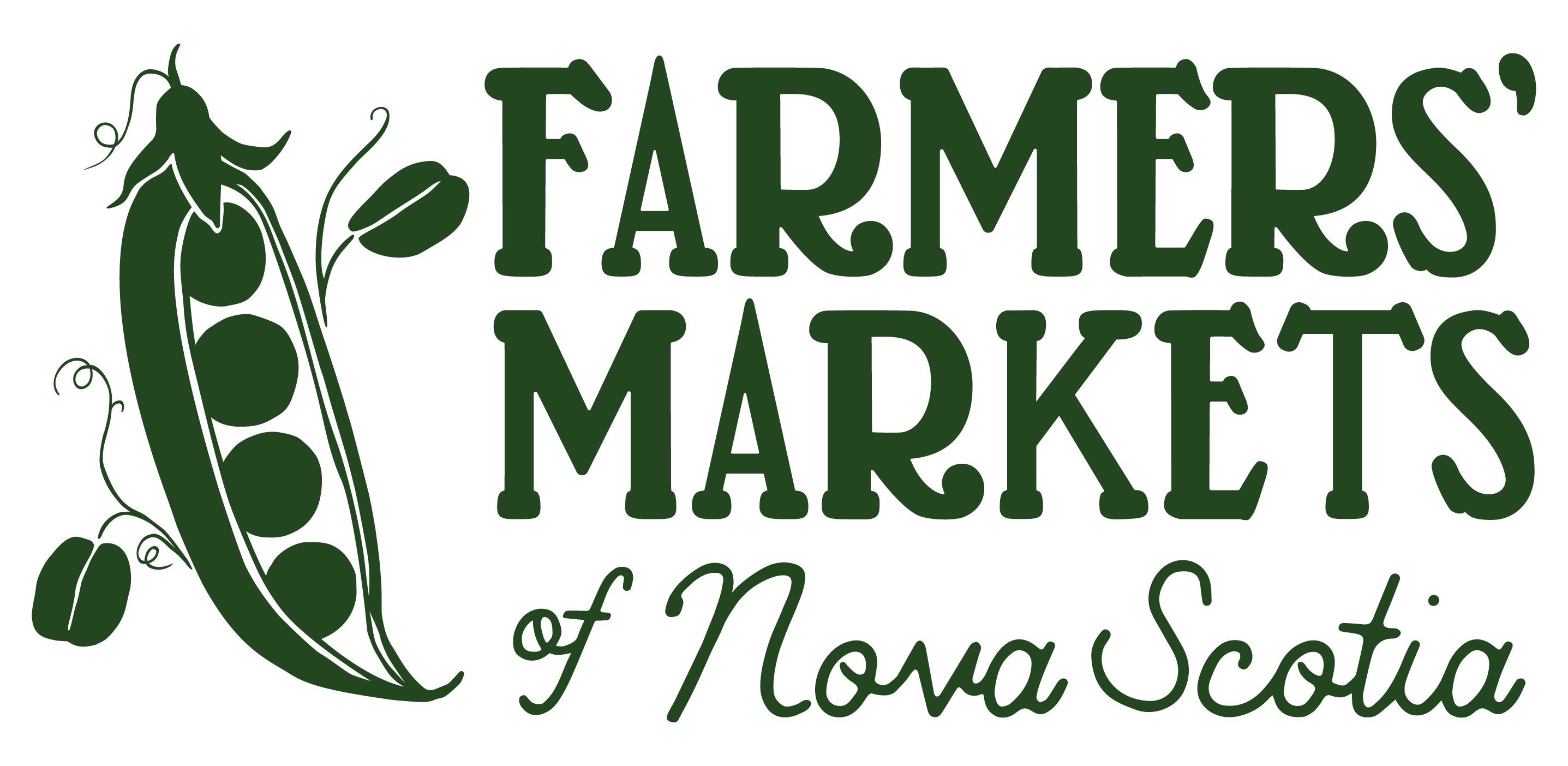April 7th, 2017
RE: Safe Food for Canadians Act
The Farmers’ Markets of Nova Scotia Cooperative is directly composed of more than 20 member farmers’ markets across the province and works with an additional 40+ farmers’ markets across Atlantic Canada. Across Canada, the Farmers’ Market Sector continues to grow. In Nova Scotia, we saw three-fold growth in the sector from 2004 to 2014. Nova Scotia is currently home to the highest number of farmers’ market per capita in Canada and boasts more than 1500 farmers’ market-based businesses. According to research recently conducted by the Nova Scotia Department of Agriculture, new entrant farmers – defined as those in their first five years of operation – overwhelming use direct marketing to sell their product and build their business including farmers’ markets and CSAs (Barriers to Growth). According to Stats Canada (2011), Nova Scotia was the only province in Canada to show an increase in the number of farms since 2006.
The producers based in our Farmers’ Market Sector are (1) new entrants and start-up operations, (2) businesses in a stage of growth and incubation and (3) farms which are focused long-term on direct to consumer sales. Many of these producers also sell into other eastern Canadian provinces, particularly the Maritime provinces. Given this, we write to submit our concerns and recommendations regarding the Safe Foods for Canadians Act Regulations. Specifically,
- To date, whole fruits and vegetables have been outside of interprovincial trade regulations, as they have been understood to be low risk and unprocessed. They Safe Food for Canadians Act Regulations, as it has been drafted, is a sharp departure as it views whole fruit and vegetables that have been rinsed or washed of field soil and/or trimmed to be “processed”. The idea that rinsing, washing or trimming (for example the green leafy tops of carrots or the roots of garlic removed for display and sale) is equivalent to “processing” is a gross overstatement and, most importantly, will limit the marketing opportunities of our primary producers. We recommend that whole fruits and vegetables not be categorized as “processed” and that farms and their whole fruits and vegetables would continue to be regulated as per the legislation in the sold-in province.
- The Safe Food for Canadians Act Regulations includes an exemption to what it refers to as “micro farms”, farms with a gross annual income of $30,000 or less. Assuming that this exemption is meant to serve small-scale producers, the dollar amount set is much too low. Considering the growing non-commodity farm sector in Atlantic Canada, and the profitability of direct to consumer sales, this exemption will only serve to limit small farm growth and profit.
- We recommend that the Safe Food for Canadians Act Regulations exempt from registration farms that sell direct to end-users including farmers’ market, CSA boxes programs and restaurants. End user sales are based on trust and direct exchange between farmers and customers. Through direct sale, the public interacts with growers – a powerful way to build public trust in Canadian food and agriculture. Further to this point, we echo the words of the Nova Scotia Federation of Agriculture and of New Brunswick farmer Tim Livingstone, whose letters we have included below.
- An additional core concern of ours is the creation and requirement of each farm selling across a provincial border to have a “Preventative Control Plan” or PCP. As is directly stated in the Safe Foods for Canadians Act Regulations, this annual cost for a farm to comply with this proposed requirement is $6,370. Given the food safety record of direct to market producers, the requirement of a PCP and its cost, are an unnecessary burden and, most importantly, an obstacle to a sector which needs support.
- Given the geography and demographics, we recommend that the Safe Foods for Canadians Act Regulations treat Prince Edward Island, New Brunswick and Nova Scotia as one unique regional entity, equivalent to a province. Taken alone, the size/population of each of the Maritime provinces creates a challenge for farms to access a sufficient customer base as well as sufficient inputs and infrastructure. Federal regulations which hinder sale across the Maritime provinces threaten the accessibility of local food. In addition, treating the Maritime provinces as one entity could support the development of food hubs and other local food initiatives.
- The Farmers’ Market Sector is also home to the growing Organic movement. We recognize that the Safe Foods for Canadians Act Regulations, as it is drafted, includes the Organic Sector and organic standards. We look to the expertise of the Canadian Organic Growers organization and the Canada Organic Trade Association. We ask that you do the same.
Lastly, we ask the question of “what is safe food?” The Safe Foods for Canadians Act Regulations is first and foremost designed around large-scale, commodity production. In its drafted form, it lacks an understanding of direct to consumer production – a growing agricultural sector across Canada and, certainly in Nova Scotia. Direct to consumer farms are producing safe food for their communities – our vibrant Farmers’ Market Sector is proof of that.
We are calling for a regulatory environment that supports location production, that acknowledges differences in risk and business model, and that refutes a one-size-fits-all mentality. We ask that you familiarize yourself with how these regulations will impact direct-to-market farms, the growing non-commodity agricultural sector in Atlantic Canada and, in turn, access to local, fresh, healthy food.
Thank you for your consideration; please do not hesitate to contact us with any questions on this matter.
PS: The Farmers’ Markets of Nova Scotia Cooperative is a member of the Nova Scotia Federation of Agriculture. We add our name to their letter submission found here. We also add our support to a letter written by New Brunswick farmer and direct to market producer Tim Livingstone, found here.
Sincerely,
Keltie Butler
Executive Director
Farmers’ Markets of Nova Scotia Cooperative
902.425.9776
FMNS@farmersmarketsnovascotia.ca
The opportunity to submit closes on April 21st, 2017.
The full disclosure of the Safe Food for Canadians Act and what it means can be found here.
To complete the consultation survey, visit the Canadian Food Inspection Agency (CFIA) website at inspection.gc.ca





Good letter. 2 Questions:
1) Why was Nfld exempt from consideration that Maritime provinces be considered one province?
2) How do I add my name I. Support of this letter?
Mala Sharma Webb, NS
Dear Keltie,
This letter is excellent and specific–thank you for writing it. How has this played out? Have there been changes to the regulations proposed? That is, have some (or, ideally, all) of your concerns and requests been met? I ask in solidarity as a fruit-grower and farmers’ market vendor in the U. S., where we are about to come under similariy unreasonable and unrealistic regulations. (I am Canadian, though, and have been heartened by the support of small farmers in Nova Scotia.)
Lisa